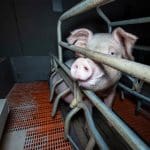In recent years, there has been a growing awareness of the environmental impact of meat and dairy production. From greenhouse gas emissions to deforestation, the meat and dairy industry has a significant role to play in climate change and other environmental issues. In this blog post, we will explore the various ways in which cutting out meat and dairy can benefit the planet, from reducing greenhouse gas emissions to conserving water resources. Join us as we delve into the environmental case for plant-based diets.
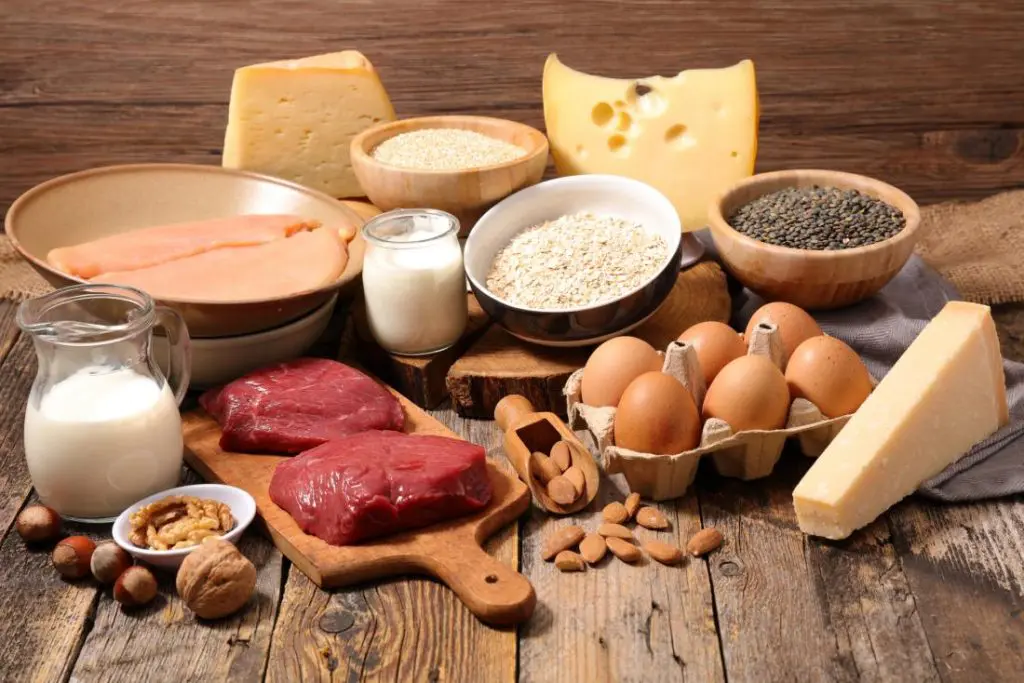
The Environmental Impact of Meat and Dairy Production
1. The meat and dairy industry is a major contributor to global greenhouse gas emissions.
The production of meat and dairy products releases significant amounts of greenhouse gases, including carbon dioxide, methane, and nitrous oxide. These emissions contribute to climate change and global warming.
2. Livestock production requires large amounts of land, water, and feed resources.
Raising animals for meat and dairy requires extensive land for grazing and growing animal feed crops. It also consumes vast amounts of water for animal hydration and crop irrigation. The extraction of resources for feed production further contributes to environmental degradation.
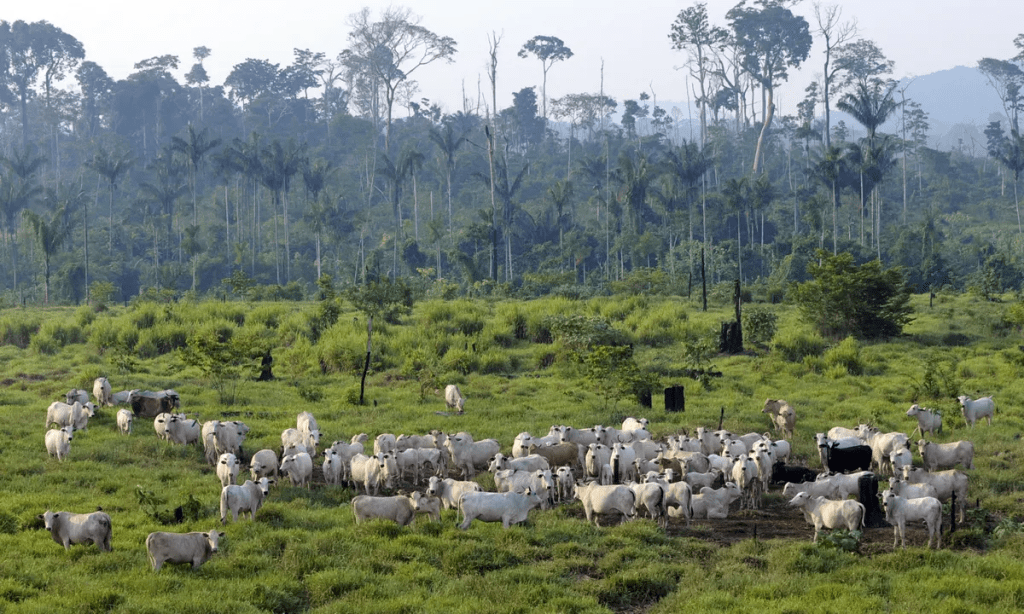
3. The production and transportation of meat and dairy products contribute to air and water pollution.
The meat and dairy industry emits pollutants such as ammonia, hydrogen sulfide, and particulate matter, which can contaminate the air and negatively impact human health. Additionally, the runoff from animal waste and the use of chemical fertilizers in feed crop production can lead to water pollution and ecological damage.
4. Animal agriculture is a leading cause of deforestation and habitat loss.
The expansion of livestock farming often involves the clearing of forests to create pastureland and grow feed crops. This deforestation destroys crucial habitats for wildlife and contributes to the loss of biodiversity. It also disrupts ecosystems and exacerbates climate change by releasing stored carbon from trees.
5. The excessive use of antibiotics in meat and dairy production contributes to antibiotic resistance.
Antibiotics are commonly used in animal agriculture to promote growth and prevent diseases in overcrowded and unsanitary conditions. This practice leads to the emergence of antibiotic-resistant bacteria, posing a significant public health concern.
Benefits of Cutting Out Meat and Dairy
Switching to a plant-based diet and eliminating meat and dairy from your meals can have numerous benefits for both your health and the planet. Here are some key advantages:
1. Plant-based diets can help reduce the risk of chronic diseases like heart disease and type 2 diabetes.
Studies have shown that consuming red and processed meats is associated with an increased risk of chronic diseases. In contrast, plant-based diets rich in fruits, vegetables, whole grains, and legumes can lower the risk of these conditions and promote overall health.
2. Cutting out meat and dairy can lead to weight loss and improved overall health.
Plant-based diets tend to be lower in calories and saturated fats compared to animal-based diets. As a result, individuals who switch to plant-based eating often experience weight loss, improved blood lipid levels, and a reduced risk of obesity-related diseases.
3. Plant-based diets are generally more sustainable and require fewer resources to produce.
The meat and dairy industry is responsible for massive land and water usage, as well as significant greenhouse gas emissions. By adopting a plant-based diet, you can contribute to a more sustainable food system by reducing your ecological footprint.
4. Plant-based proteins can provide all the essential amino acids and nutrients the body needs.
Contrary to the belief that meat is the only source of high-quality protein, plant-based sources such as legumes, tofu, tempeh, and quinoa offer excellent alternatives. These foods can provide all essential amino acids and other essential nutrients necessary for a healthy diet.
5. Choosing plant-based alternatives can help reduce animal cruelty and promote ethical eating.
The production of meat and dairy often involves practices that raise animal welfare concerns. By opting for plant-based alternatives, you can contribute to a more compassionate food system that respects and protects animals.
Reducing Greenhouse Gas Emissions through Dietary Choices
1. Animal agriculture is responsible for a significant amount of methane, a potent greenhouse gas.
2. Transitioning to a plant-based diet can help reduce greenhouse gas emissions and mitigate climate change.
3. Livestock farming requires large amounts of land, water, and energy, contributing to carbon dioxide emissions.
4. Choosing meat alternatives and plant-based protein sources can help reduce the carbon footprint.
5. Sustainable agriculture practices, such as regenerative farming, can further reduce greenhouse gas emissions.
The Connection Between Meat and Dairy Consumption and Deforestation
1. The expansion of livestock farming leads to the clearing of forests for pasture and feed crop production.
2. Deforestation for animal agriculture contributes to loss of biodiversity and destruction of ecosystems.
3. The demand for meat and dairy products drives unsustainable land-use practices, such as slash-and-burn agriculture.
4. Supporting sustainable farming practices can help protect forests and reduce deforestation.
5. Transitioning to plant-based diets can alleviate the pressure on forests and promote reforestation efforts.

The Water Footprint of Meat and Dairy Products
1. Animal agriculture accounts for a significant portion of global freshwater usage.
2. Livestock farming requires vast amounts of water for animal hydration and feed crop irrigation.
3. Water pollution from animal waste and fertilizer runoff poses a threat to aquatic ecosystems.
4. Switching to plant-based diets can significantly reduce water consumption and conserve freshwater resources.
5. Supporting sustainable agriculture practices, such as water-efficient irrigation methods, can further reduce the water footprint of food production.
The Role of Meat and Dairy in Land Degradation
Livestock farming contributes to soil erosion, degradation, and loss of fertile land. Overgrazing by livestock can lead to desertification and land degradation. The use of chemical fertilizers and pesticides in feed crops can further degrade soil quality.
Transitioning to plant-based diets can help restore and regenerate degraded land. By reducing the demand for meat and dairy products, we can alleviate the pressure on grazing areas and allow vegetation to replenish. Plant-based agriculture also promotes healthier soil ecosystems and reduces the need for harmful chemicals.
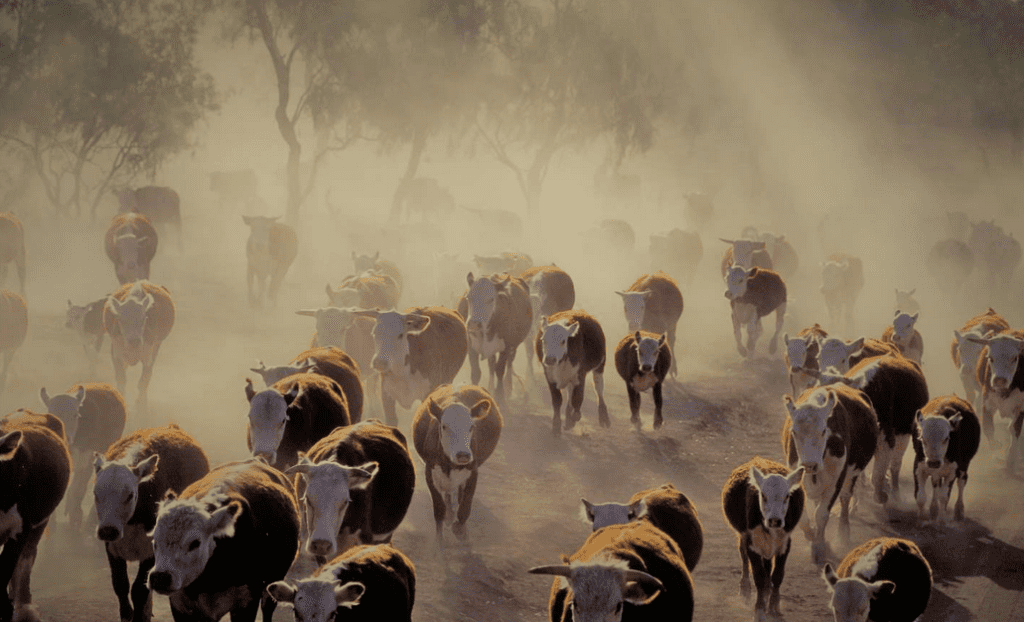
Sustainable farming practices, such as rotational grazing and cover cropping, can improve soil health and reduce land degradation. Rotational grazing ensures that animals do not overgraze in one location and allows pastures to recover. Cover cropping involves planting crops in between growing seasons to protect and enrich the soil.
By making conscious choices about what we consume, we have the power to contribute to the restoration and preservation of our precious land resources.
Promoting Sustainable Alternatives to Meat and Dairy
1. Plant-based protein sources, such as legumes, tofu, and tempeh, offer sustainable alternatives to meat and dairy products.
2. Incorporating more fruits, vegetables, and whole grains into diets can provide a variety of essential nutrients while reducing reliance on animal products.
3. Supporting local and organic food systems can promote sustainable agriculture practices.
4. Consumer demand for plant-based options can drive innovation and market growth for sustainable food alternatives.
5. Educating consumers about the environmental benefits of reducing meat and dairy consumption can encourage behavior change and drive the adoption of sustainable dietary choices.
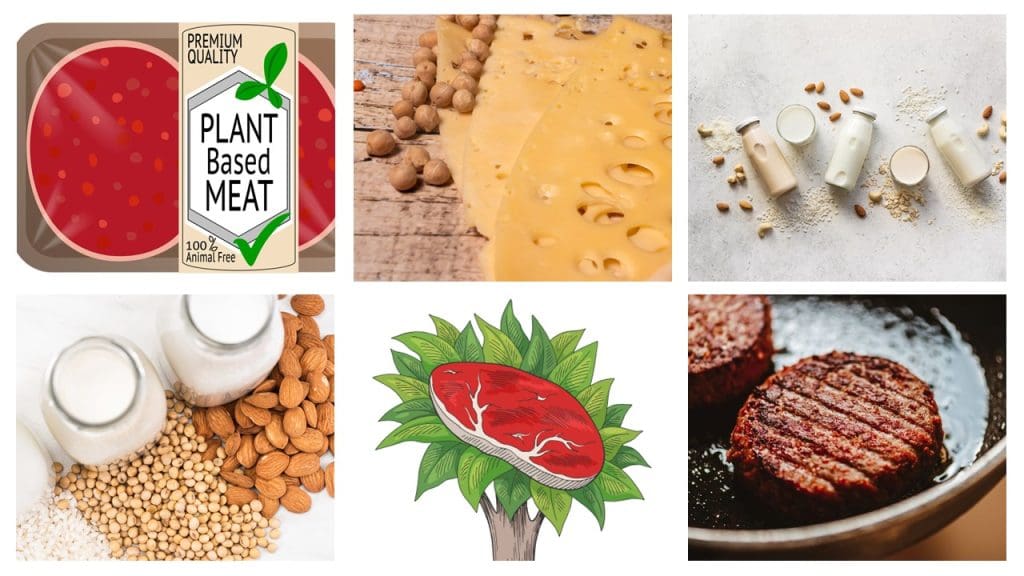
Conclusion
Cutting out meat and dairy from our diets can have a positive impact on the planet in multiple ways. The meat and dairy industry is a major contributor to greenhouse gas emissions, deforestation, and water pollution. By transitioning to plant-based diets, we can reduce our carbon footprint, conserve water resources, and protect forests and ecosystems. Additionally, adopting plant-based diets can lead to improved overall health, reduced risk of chronic diseases, and promote ethical eating. It is important for consumers to support sustainable alternatives to meat and dairy, such as plant-based proteins, local and organic food systems, and innovative market growth. By making conscious choices, we can contribute to a more sustainable future for our planet.

3.6/5 - (7 votes)


